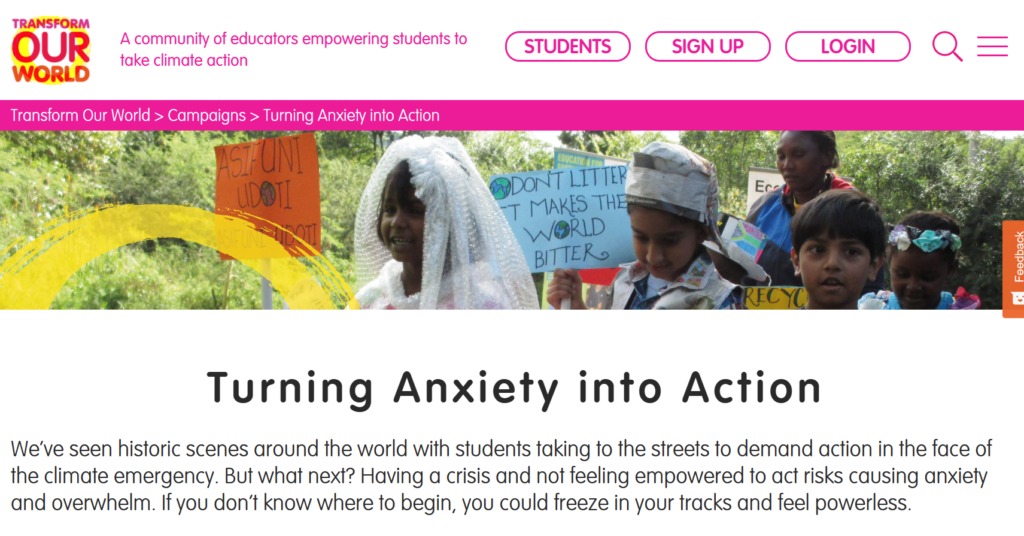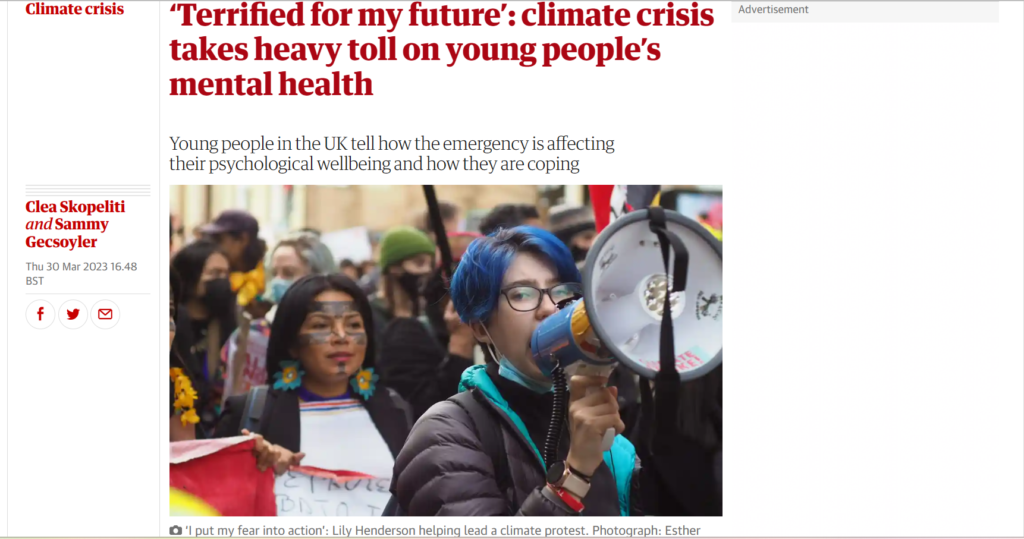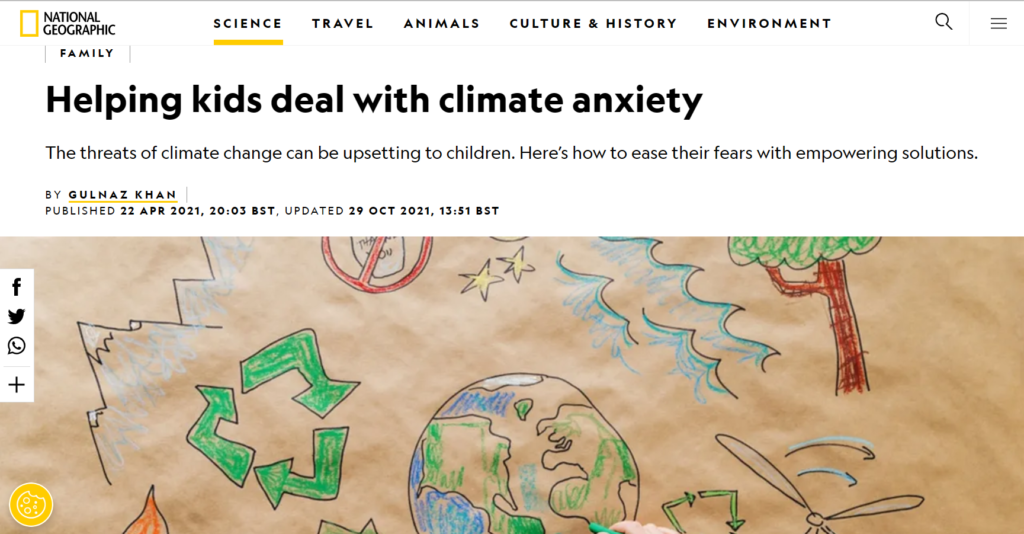Young People’s Mental Wellbeing in the Climate Crisis
It is no surprise that we can observe an increase in young people’s mental health problems in a society defined by the climate crisis, coronavirus, a cost of living crisis and general political instability. To feel hopeless and filled with dread over one’s prospective future in today’s society seems only a natural response.
What SCESY aims to achieve is to offer resources that help reframe this sense of dread and worry, also known as Eco-Anxiety, to Eco-Empathy. Eco-Empathy is the idea that these negative feelings are a manifestation of compassion and empathy, and caring to this degree about the climate crisis can be transformed positively into action and change. Hence, encouraging young people’s empowerment is at the forefront of our approach to tackle Eco-Anxiety.
We believe empowerment can be divided into three parts. First of all, empowerment through education that is taught with a positive mindset and the knowledge that education is one of the most important tools for action and a precursor to change. Secondly, demonstrating to students that there is hope and there are solutions; it is important to highlight key inspirational activists and the important work they are achieving. Lastly, students must be shown that they have the option to act and participate in a community; they do not simply have to be alone as they silently watch the degradation of our planet.
‘Terrified for my future’: climate crisis takes heavy toll on young people’s mental health
A Guardian article highlighting young people’s voices on how the climate crisis has impacted their mental health. We suggest teachers not only read this article to better understand young people’s feelings around climate change, but that they also encourage open dialogue on this topic in the classroom.
Why mental health is a priority for action on climate change
The World Health Organization has written a short article on a policy brief that centres on the importance of support for mental health when tackling the climate crisis.
Helping kids deal with climate anxiety
In this article, the National Geographic outlines an explanation of Eco-Anxiety, a guide on how to help children manage complicated climate emotions, and tips on empowering children in the face of the climate crisis.
Climate Psychology Alliance
‘We are a diverse community of therapeutic practitioners, thinkers, researchers, artists and others. We believe that attending to the psychology and emotions of the climate and ecological crisis is at the heart of our work.’ The Climate Psychology Alliance have a section of their website that is catered to dealing with the impact of the climate crisis on young people’s mental health.
Greta Thunberg on Her Autism Diagnosis and Climate Activism
This Teen Vogue article compounds the relationship between Thunberg’s Climate Activism and diagnosis of Autism: highlighting an empowering and positive aspect of being neurodivergent.
10 Young Climate Activists Leading the Way on Global Climate Action
This article shines a light on 10 young climate activists which can serve to inspire young people.

Turning Anxiety into Action (Transform Our World)
Transform Our World have devised a range of resources for teachers designed to address mental wellbeing in relation to the climate crisis.
Force of Nature Discussion Guide for Educators
Force of Nature have devised a free 4-module discussion guide for helping educators support children and young people navigate climate-related emotions. The activities included in these guides are aimed at people aged between 12-26 years old. They have also created a video explaining climate anxiety and the role education and teachers have.
‘I’m up late at night worrying about global warming – please can you put my mind at rest?’
Caroline Hickman, a lecturer at the University of Bath in social work and climate psychology and a researcher focused on eco anxiety, writes a letter in response to a 17 year old expressing her eco-anxiety. Hickman has also written an article on what she has learned from listening to children talk about climate change.
LifeKind
LifeKind offers a comprehensive guide for parents and other adults who would like to be more resourced when talking with children about climate change. They also offer practical, bite sized tools for self-regulation, stress management and resilience.










